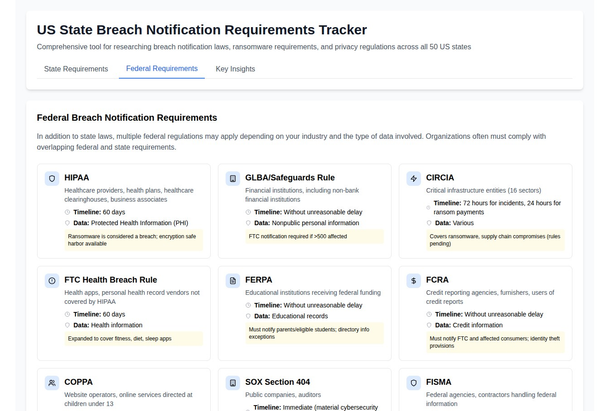The Role of a Data Protection Officer (DPO) During a Data Breach

A Data Protection Officer (DPO) plays a crucial role in managing data breaches within an organization. Their responsibilities are multifaceted, involving technical, legal, and communication aspects. Here's a detailed look at what a DPO does during a data breach:
Incident Response
The DPO is typically part of the incident response team, which is responsible for managing the data breach. They help identify the nature and scope of the breach, assess the risks involved, and determine the necessary steps to mitigate those risks. This includes working with the IT team to understand the technical aspects of the breach, such as how it occurred, what data was compromised, and how to prevent similar incidents in the future.
Legal Compliance
The DPO ensures that the organization complies with all relevant data protection laws during a data breach. This includes notifying the appropriate regulatory bodies about the breach, as required by laws such as the General Data Protection Regulation (GDPR). The DPO also helps determine if affected individuals need to be informed about the breach and what information should be provided to them.
Communication and Public Relations
The DPO plays a key role in managing communications related to the data breach. They help craft the messaging to various stakeholders, including employees, customers, partners, and regulators. The DPO ensures that the messaging is clear, accurate, and compliant with legal requirements. They may also work with the public relations team to manage the organization's reputation during and after the breach.
Post-Breach Analysis
After the immediate response to the breach, the DPO is involved in analyzing the incident to learn from it and improve the organization's data protection practices. This includes reviewing how the breach was handled, identifying any gaps in the organization's data protection measures, and recommending changes to prevent future breaches.
In conclusion, the DPO plays a critical role in managing data breaches, ensuring legal compliance, communicating effectively with stakeholders, and improving the organization's data protection practices. Their role is integral to the organization's ability to respond to and recover from data breaches effectively and responsibly.





